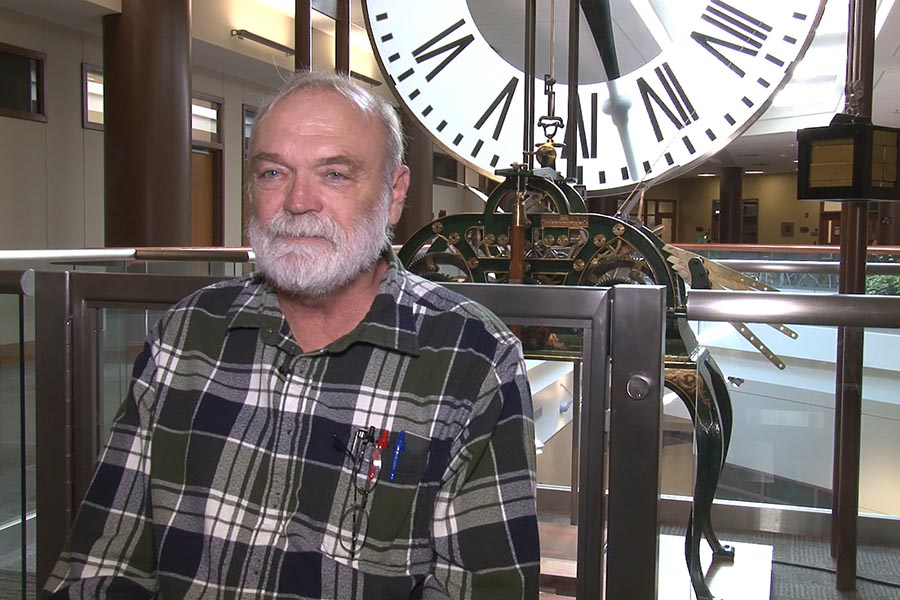Dr. Galen King retires

Dr. King attended Wichita State University for his BS and MS, and earned his PhD from Kansas State University. He joined Purdue University as a postdoc in 1983, and soon became an assistant professor; promoted to associate professor in 1990, and then full professor in 2007. His chief research focus was in optics: specifically in optical and laser-based measurements, engineering instrumentation, and biomedical instrumentation. In addition to being published more than 74 times, he also contributed to multiple conference proceedings and other meetings. He was a member of the Optical Society of America, American Society of Mechanical Engineering, American Society for Engineering Education, and the Combustion Institute.
He advised 44 master's and Ph.D. students during his Purdue tenure. He also advised the Purdue Solar Racing team since its inception in 1991, building record-setting cars and winning first place three years in a row.
He is best known as a brilliant educator, specifically in the area of Systems, Measurements, and Controls. As controls technology advanced throughout the 21st century, Dr. King was instrumental in helping to reform Purdue's controls curriculum, relying on solid conceptual foundations, while also giving students hands-on opportunities to demonstrate what they have learned.
He also brought a unique and creative viewpoint to mechanical engineering. He played bassoon in local orchestras, and collected antique mechanical clocks. This came in handy in 2011, when Purdue was constructing an addition to the Mechanical Engineering building, and wanted a mechanical object as its centerpiece. He collaborated with Mike Sherwood and Jack Fessler to restore the original Heavilon Hall clock, which was created in 1895, and had been sitting in pieces since 1956. They restored the mechanical clock to full functionality, including a 12-foot pendulum. For the next decade, he also faithfully wound the clock: cranking a 200-pound counterweight every four days, and adjusting the clock hands to compensate for humidity or other changes.
